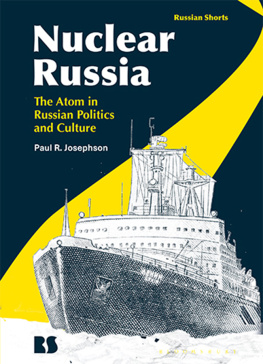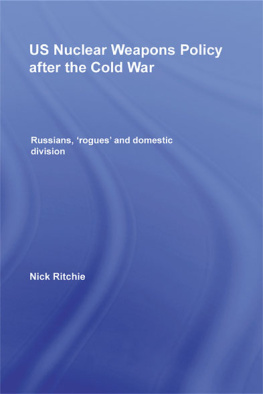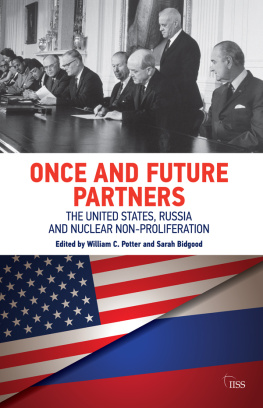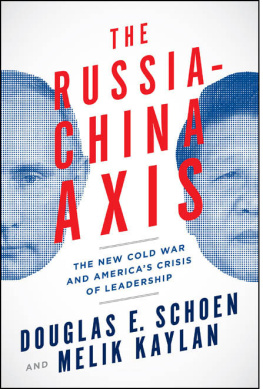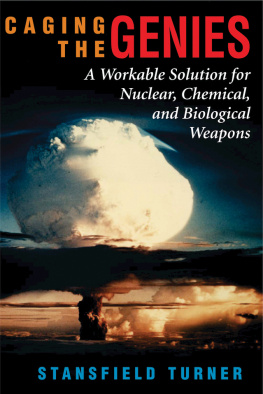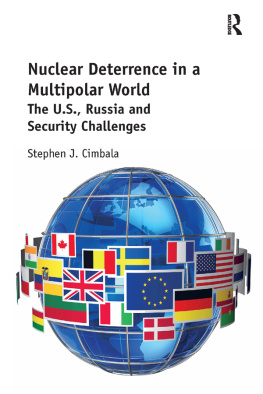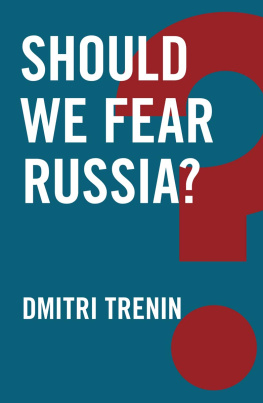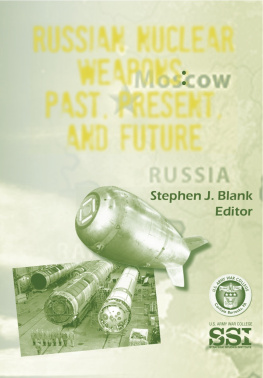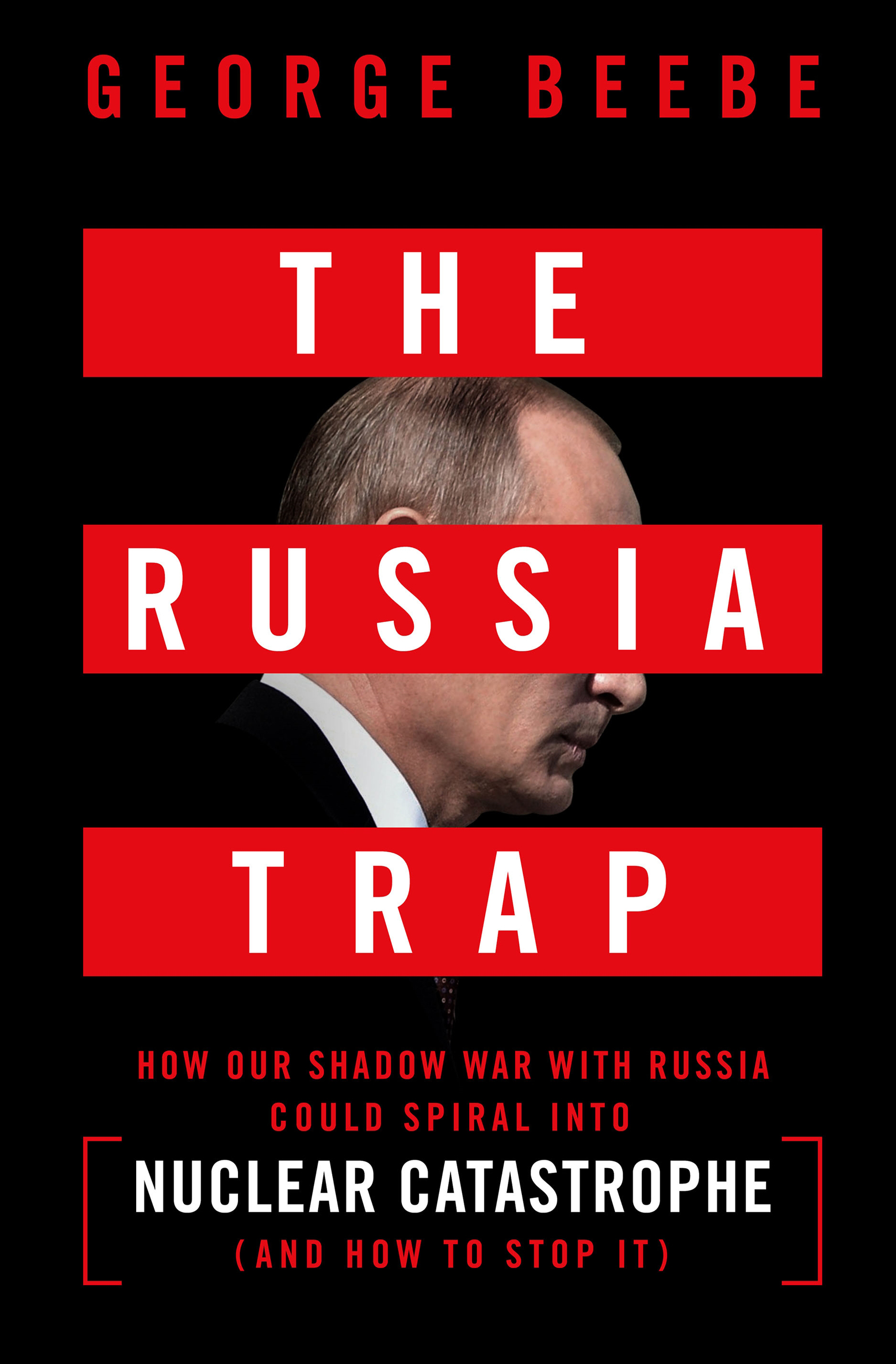Unforeseen developments have figured prominently in the course of my career. I began work as an analyst of the Soviet Union in 1986, not long after Mikhail Gorbachev began his tenure in the Kremlin. Much of the next three decades was filled with events that surprised many of us in the foreign affairs profession: the fall of the Berlin Wall; the collapse of the Soviet Union; the failure of liberal reforms in Russia under Yeltsin; the terrorist attacks of September 11, 2001; the futile search for weapons of mass destruction in Iraq; the so-called Color Revolutions in several former Soviet republics in the early 2000s; and the Maidan uprising in Ukraine, followed by Russias annexation of Crimea and the estrangement and growing hostility in the US-Russian relationship over the next several years.
These developments impressed upon me how difficult it is to anticipate significant discontinuities from prevailing trends, how often experts can be wrong about facts and forecasts, and how important it is to approach the challenges of understanding and navigating the realm of foreign affairs from the basis of humility. They have made me sensitive to the tendency we all share to see news and information through the prism of our expectations, and how critical it is to expose and examine our key assumptions. They have shown me that avoiding surprise and defending our own national interests require trying to see things through the eyes of adversaries and competitors, without endorsing their perceptions as necessarily valid. Most of all, they have taught me the importance of wrestling with this questionHow could this have happened?before disasters strike, if we are to have any hope of averting them. This book is born of that wrestling.
This book is a premortem: an examination of a failure that has not yet happened. It focuses on one of the most difficult problems that statesmen face: how to anticipate and avoid a war that no one wants and that few believe is likely or even possible but nonetheless arises because of a combustive mixture of clashing ambitions, new technologies, misplaced fears, entangled alliances and commitments, domestic political pressures, and mistaken assumptions about how adversaries might react. In other words, it is about diagnosing and defusing a nascent World War I problem with Russia.
What was then called the Great War produced what was arguably the greatest man-made catastrophe in human history. It ended a century of a relatively peaceful balance of power among Europes leading states. It destroyed the Ottoman Empire and laid the basis for a century of war and terrorism in the Middle East. It hastened the demise of the British Empire and led to Hitlers rise, the destruction of World War II, the tragedy of the Holocaust, and the development of nuclear weapons. It paved the way to Soviet Communism and decades of Cold War that spanned the globe. It decimated a generation of Europeans and left in its wake a nihilistic philosophical legacy that has had devastating consequences for societies across the Western world. And almost no one saw it coming.
World War I resulted more from miscalculation and ineptitude than from design. Historians have long debated which of the combatants bore the most responsibility for the conflict, but few dispute that each of the major powers contributed its quota of shortsightedness and irresponsibility to the disaster.
Few people in Washington today believe that our tense relations with Russia pose this type of challenge. Rather, the dominant paradigm for understanding and responding to the Russian threat is the World War II problem. American editorials and op-ed columns about Russia abound with disparaging references to Munich, where British prime minister Neville Chamberlain made his tragic bid to appease Hitlers territorial ambitions in 1938 and achieved his ill-fated peace in our time. During the 2016 US presidential campaign, Democratic Party candidate Hillary Clinton explicitly warned that Moscows claims that it must protect Russian minorities in Ukraine echoed Nazi Germanys arguments that it had to protect German minorities in Poland and Czechoslovakia. Like Hitler, Putin is perceived as an authoritarian leader harboring deep resentments over lost territory and unfair treatment. Like Hitler, Putin is believed to regard calls for diplomatic compromise as signs of weakness that he can exploit. Like Hitler, Putin is thought to harbor expansionist designs that will be curbed only by pushing back now before he grows too strong.
For those who see the Russian threat through this prism, the chief danger is the Kremlins aggressive intentions, and the imperative is to deter aggression through strength. Wars often happen because those who start them think they can win. Disabusing an aggressor of that belief, therefore, is critical to preserving peace. For intelligence analysts, this translates into a focus on studying Russian war plans and weapons systems while looking for signs of impending attack. US and NATO military experts analyzing Russias preparations for its large Zapad (West) military exercise in 2017, for example, issued warnings that the event could be a Russian Trojan horse masking preparations for occupying Belarus or invading one of the Baltic states.
For policymakers, these warnings lead to a focus on demonstrating the will to fight and the ability to triumph. Diplomacy plays a minor role in dealing with World War IItype aggression. One does not strike deals with aggressor statesone punishes and isolates them. Failure to resist Russias aggression in Georgia, Ukraine, Syria, and the cybersphere only invites more aggression. Strength and resolve, on the other hand, prompt the would-be aggressor to back down and look elsewhere for easier conquests. The Trump administrations National Security Strategy largely reflects this broad consensus: Experience suggests that the willingness of rivals to abandon or forgo aggression depends on their perception of US strength and the vitality of our alliances. To paraphrase the old Roman aphorism, if we want peace, we must show ourselves ready and willing to fight a war.
Not everyone views Russia as offensive-minded, however. A smaller and less popular school of thought sees Russia under Putin as a weak and declining power fighting a defensive battle against NATOs eastward expansion and Washingtons efforts to transform Russias internal politics. Putin has been primarily reactive, according to New York University professor emeritus Stephen Cohen. Russia is not Nazi Germany, nor is Putin comparable to Hitler. For these analysts, such analogies not only produce more emotional heat than analytic light, but they also lead to policy responses that are dangerous.


